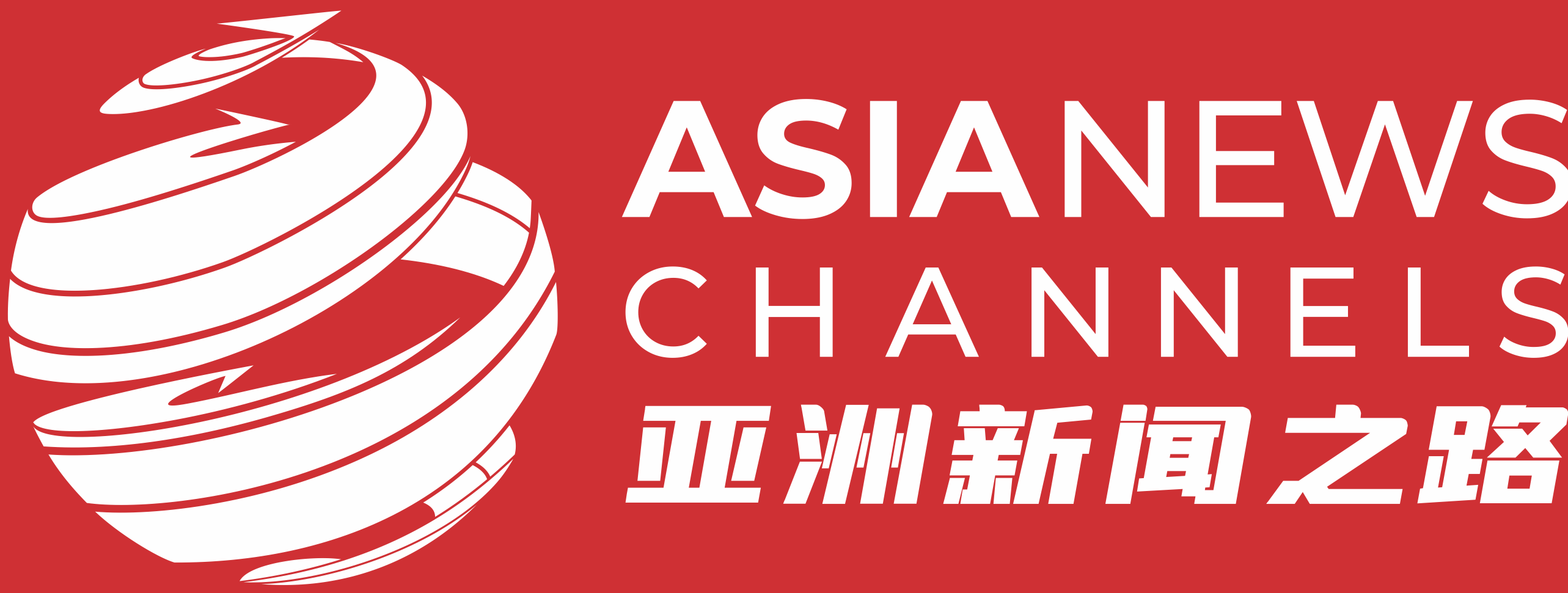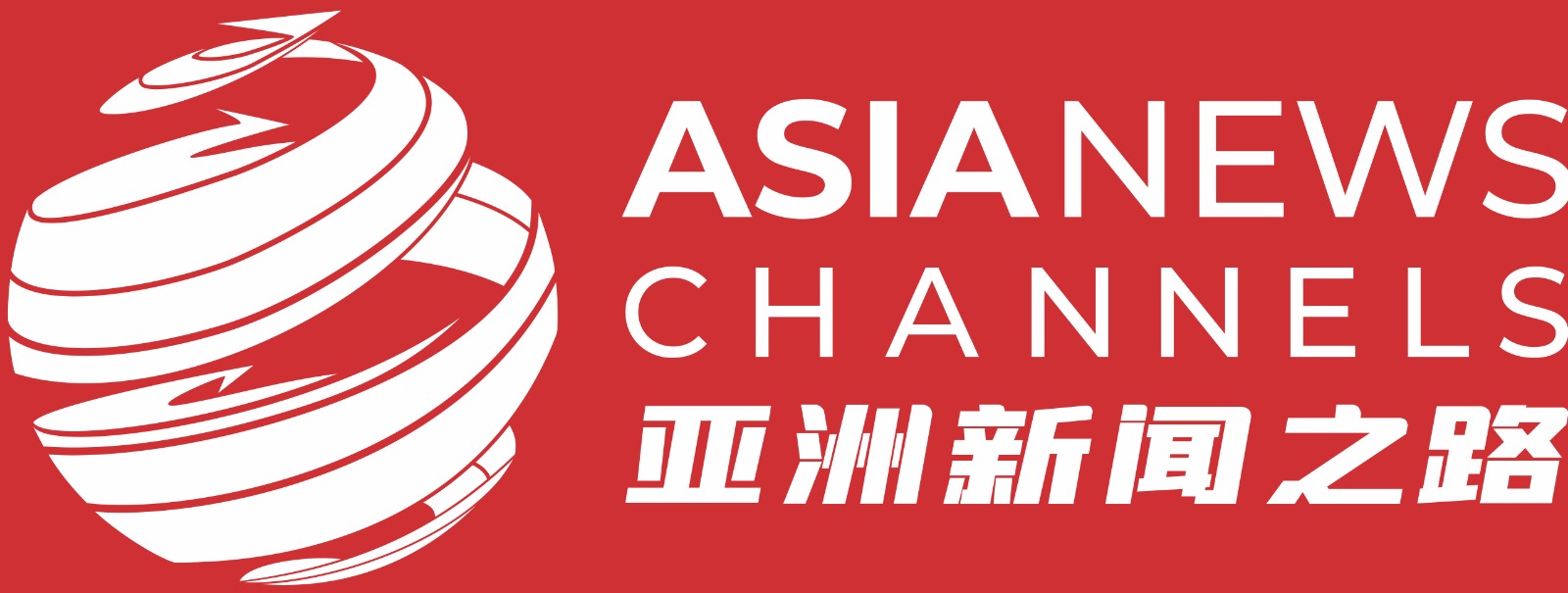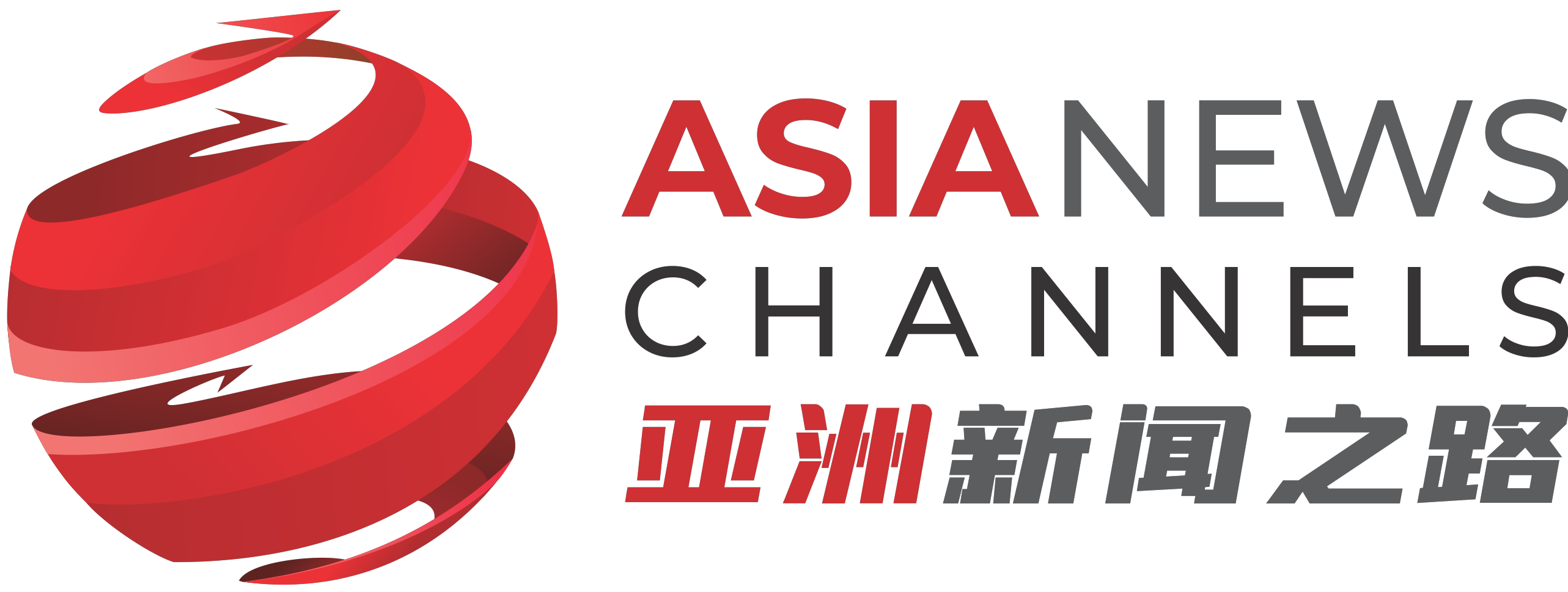16/01/2024 (Beijing, China) - Chinese military bodies, state-run artificial intelligence research institutes, and universities have been procuring small quantities of Nvidia semiconductors, despite a U.S. ban on exporting these chips to China. This activity, documented over the past year, underscores the complexity of enforcing export restrictions and highlights the persistent demand for advanced U.S. technology in China.
These purchases, primarily involving Nvidia's A100 and the more potent H100 chips, as well as the slower A800 and H800 models, have been conducted legally within China. The A100 and H100 were subject to an export ban to China and Hong Kong in September 2022, with the A800 and H800 being banned the following October.
Significantly, the graphic processing units (GPUs) produced by Nvidia are highly regarded in AI applications, due to their efficiency in processing vast data required for machine learning tasks. Despite emerging competitors like Huawei, Nvidia held a commanding 90% share of China's AI chip market before the bans.
Among the purchasers were prominent universities and two institutions, the Harbin Institute of Technology and the University of Electronic Science and Technology of China, both subject to U.S. export restrictions due to their alleged military affiliations.
In response to these findings, Nvidia has reiterated its adherence to all applicable export control laws and emphasized the requirement for its customers to do the same. The U.S. Department of Commerce, however, declined to comment. U.S. authorities are actively seeking to tighten the export restrictions and curb access to these chips by Chinese entities.
Experts, like Chris Miller, a professor at Tufts University, opine that completely sealing off chip exports to China is impractical due to the small size and ease of smuggling these components. The primary objective of U.S. restrictions is to hinder the progress of China's AI capabilities by limiting access to advanced chip technologies.
The data reviewed includes over 100 tenders for A100 chips and several for the A800 post-ban. Notably, Tsinghua University and a lab under the Ministry of Industry and Information Technology have also procured H100 chips. Military entities, including an unnamed People's Liberation Army unit, have been involved in these acquisitions, though specific details remain undisclosed.
Most tenders indicate the chips are intended for AI use. However, the quantities are relatively small, insufficient for building large-scale AI models from scratch but adequate for enhancing existing AI systems. For example, the Shandong Artificial Intelligence Institute recently contracted for five A100 chips at a significant cost, highlighting the continued high demand for these chips.
It's noteworthy that these transactions often include stipulations for product delivery and installation prior to payment, ensuring the completion of these deals. Universities, particularly Tsinghua University, have been active in issuing tenders and have acquired a significant number of A100 chips since the 2022 ban.
In a specific instance, Chongqing University's tender for an A100 chip required the product to be brand new, further demonstrating the stringent demands of Chinese buyers for high-quality, advanced technology despite the U.S. export bans.



